Buying a house is a huge step for many individuals or families. The task can be nerve-wracking at times because it is most likely the biggest purchase of your life. How do you know how much you can afford? Will you be approved at the rate you want? Don’t let financial stress hinder your experience, bypass the surprise expenses and be completely prepared to navigate the home buying process with these seven financial tips.
1. Check Your Credit Score/History
Your credit score is a major component when it comes to securing a mortgage. It is basically an overview of how much you spend and if you are able to pay your bills in a proper amount of time. Don’t spend more than you earn, lenders are typically looking for 12-18 months of positive history, which includes no late or missed payments and modest balances on credit cards. A good credit score is key to getting approved for a loan. If you don’t want any surprises, make sure to check your score.
2. Pay Your Bills On Time
Paying your bills on time directly affects your credit score. Your credit score is crucial to procuring a mortgage, so it is absolutely critical to pay all of your bills on time. If you think you might have trouble, set up a plan to pay off your bills and get your credit score up.
3. Don’t Open New Lines of Credit
Opening new lines of credit in a short period of time is seen as a risk and can actually lower you credit score. Many lenders will look for this and determine whether you are a high risk. Also, if you know you are applying for a mortgage, avoid making big purchases using your credit card. This can be seen in a negative light by a lender.
4. Research Mortgage Options
When it comes to your mortgage rate, it is important to figure out what loan type is right for you. Is a 30-year, fixed rate the right choice or could you afford larger monthly payments at a lower interest rate in a 20-year or 15-year fixed loan? Alternatively, you could apply for an adjustable-rate mortgage, which comes with a lower interest rate for the first few years but is considered slightly riskier. Crunch some numbers and determine what is the best fit for you before you borrow.
5. Determine How Much You Can Afford
Like researching mortgage options, look into your personal finances and determine what you can afford. Most of the cost will be towards your mortgage. However, don’t forget to add up all the other costs that come with moving as well as your other everyday finances. Make sure to crunch the numbers and figure out what will work best for you, and don’t forget the taxes that come with home ownership! You’ll get an interest deduction when you file, but taxes in some locations can be very costly.
6. Save Your Money!
This seems like a given, but there are a lot of surprise costs when buying a house. Don’t be taken aback by these costs, be prepared. There will always be a down payment when buying a new house. It is typical to put 20% down, but you may be able to put down less. However, that isn’t always the best move. The bigger the down payment, the less you need to borrow and pay monthly. This can be a hefty price and can be the hardest part for many homebuyers. So be sure to start saving early. Despite a hefty down payment, there are other costs to prepare for when buying a home. It’s easy to forget about closing costs, which is usually 3-6% of the loan amount, as well as move-in and after move-in expenses. That’s why you should save your money early so you are prepared for these costs and budget correctly so that you can start off on the right foot.
7. Buy a Home for Tomorrow
Most people look for a home they want now, but they don’t think about what they’ll need for the future. It’s important to meet your current needs, but the future is just as important, if not more important than the present. Buy what works for the future you and you’ll be guaranteed to stay in love with your new home.
